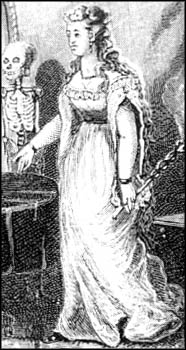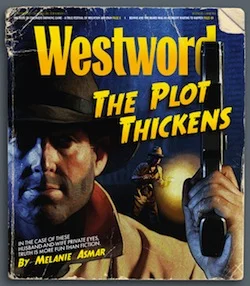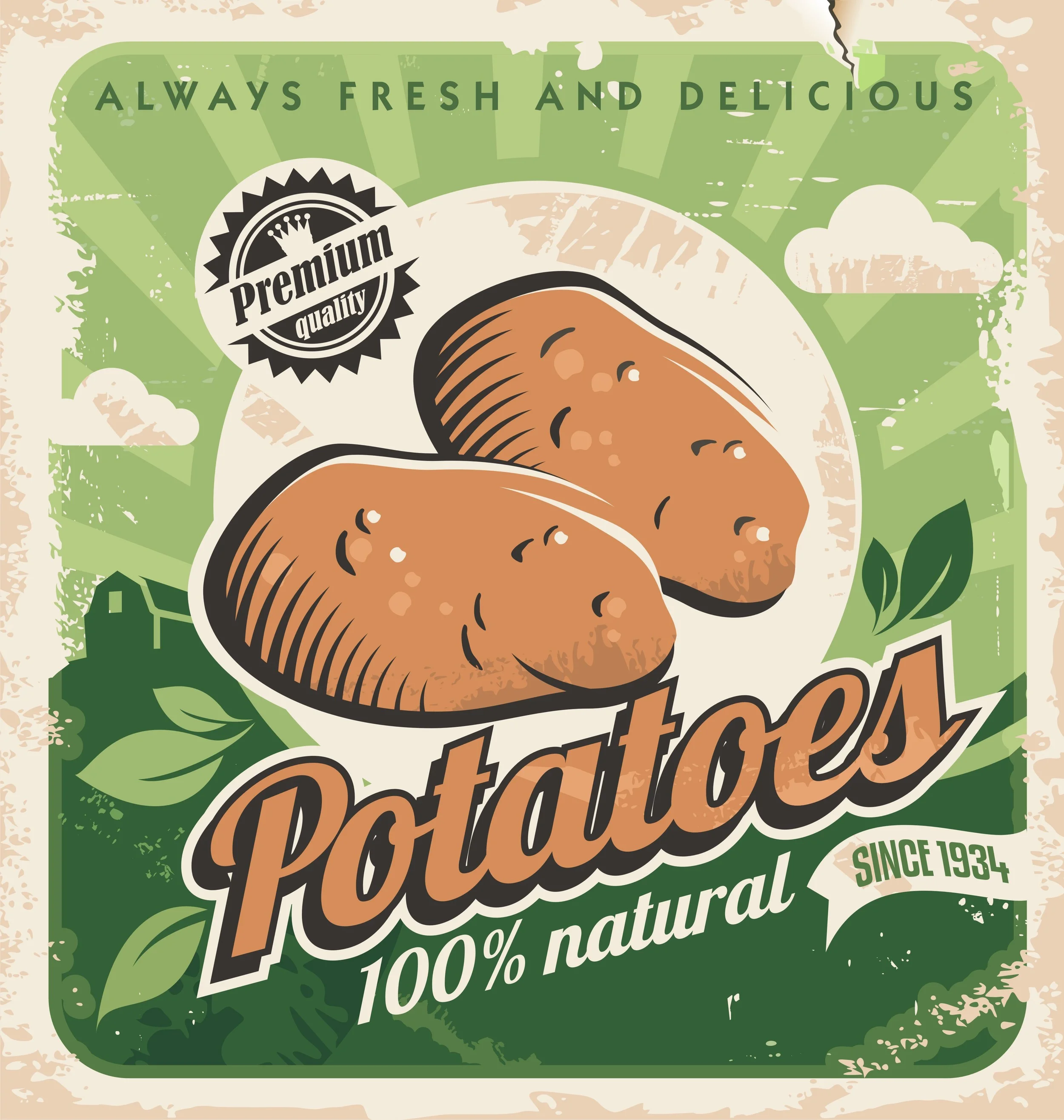Introduction
A few months back, the editor of the online magazine Festivale asked if I'd like to write an article about female private investigators in fiction, going back to such early women detectives as Miss Felicity Lemon, the efficient secretary for Mr. Parker Pyne in Agatha Christie's set of short stories Parker Pyne Investigates (1934). This kind of article is "my thing." Besides being a female PI, I've written female private detectives in novels and three nonfiction books on private investigations, as well as judged novels and short stories for the Private Eye Writers of America.
Below is an excerpt with a link to the full article. Enjoy!
Female Private Eyes in Fiction:
From Lady Detectives to Hard-Boiled Dames
© 2014 Colleen Collins, All Rights Reserved
“I thought it was time for a tough, smart, likeable female private investigator, and that’s how V.I. came to life.” ~ Author Sara Paretsky about her PI character V.I. Warshawski
Ask people to name one of the first fictional female private eyes, and they might mention Sue Grafton’s Kinsey Millhone or Sara Paretsky’s V.I. Warshawski, both of whom hit the fiction scene in the early 1980s. Actually, the first female private detective appeared in a story over a hundred years earlier.
Before we step back in time, let’s first define a private eye, AKA private investigator (PI) or private detective.
Private Versus Public Detectives
The private eye genre features a private investigator, or PI, protagonist who is a citizen paid to investigate a crime (however, there are times in stories where private eyes work a case for free—for example, the PI feels compelled to solve a good friend’s murder). Private investigators are not government employees who work in the public sector, such as police detectives, coroner’s office investigators and federal special agents. However, it is not uncommon, in both real life and stories, that retired government investigators start second careers as PIs.
A few examples of private investigators: Those who work in solo practices or as employees for a PI agency, reporters, insurance company investigators, and even lawyers in private practice.
Amateur sleuths, however, are not classified as private eye genre as they are not paid for their professional investigative services.
This article categorizes female private detectives into different stylistic eras: Victorian, the Golden Age of Detectives, Hard-Boiled and Contemporary.
Victorian Era Lady Detectives
Possible drawing of the first real-life female PI, Kate Warne, whose history is similar to the fictional Miss Loveday Brooke
The Victorians loved crime fiction, which typically reflected their world of dynamic men in society and passive women who stayed at home. However, a few authors challenged those roles in detective fiction.
Many view Mrs. Paschal as the first female private detective in literature. In 1864, Paschal appeared in The Revelations of a Lady Detective, written by W. S. Hayward, a British male writer. Although Mrs. Paschal occasionally worked with the police force, she also conducted private investigations for payment.
In 1894, private detective Miss Loveday Brooke appeared in a collection of stories by Catherine Louisa Pirkis, The Experiences of Loveday Brooke, Lady Detective. The thirtyish Brooke worked for Ebenezer Dyer, head of a private detective agency in London, after being “thrown upon the world penniless and all but friendless.” Cut off from the world she once knew, she is a competent investigator who conducts convincing impersonations, traits that are reminiscent of the first real-life woman PI in the US, Kate Warne, who talked her way into being hired as a private detective by the Pinkerton National Detective Agency in1856.
Golden Age of Detectives: Snobbery with Violence
The Golden Age of Detectives is generally acknowledged as spanning the years 1920 to 1939, although some contain it to the 1920s only. Stories from this era emphasized plot, English settings, and detectives who displayed ingenuity in solving the crimes.
During the early1920s, Hulbert Footner wrote a series of detective stories featuring Madame Rosika Storey, Private Investigator, whose tales were published in the US, United Kingdom and other countries.
In 1928, writer Patricia Wentworth introduced Miss Maud Silver as a minor character in Grey Mask. In 1937, Silver starred as a professional private detective, although she preferred to be called a private enquiry agent, in The Case Is Closed. Mystery novelist D. L. Browne, AKA Diana Killian, calls Miss Silver “a professional investigator and a stand-up woman, a true forerunner of all future female private eyes.”
Private detective Miss Felicity Lemon made her entrance in 1934 as the efficient secretary for Mr. Parker Pyne in Parker Pyne Investigates, a set of short stories by Agatha Christie. Later, Agatha Christie’s iconic private detective Hercule Poirot hires Miss Lemon to be his secretary.
Trixie Meehan, created by Thomas Theodore Flynn, worked at the Blaine Private Detective Agency with her partner Mike Harris in stories published in Detective Fiction Weekly: “The Deadly Orchid” (1933) and The Letters and the Law (1936).
If crime fiction were compared to eggs, this golden era of detectives would be soft-boiled, differentiating it from the hard-boiled private eyes that were starting to emerge in American literature.
Hard-Boiled Lady Dicks
The hard-boiled genre and its detective - AKA shamus, private dick, snoop, gumshoe - took its first steps in the 1920s and hit its stride in the 1930s up through the 1950s. These hard-drinking, wisecracking private eyes walked the mean streets in an urban jungle filled with violence and bloodshed.
Alongside iconic hardboiled private eyes like Sam Spade and Philip Marlowe were their female counterparts in pulp fiction (named for the cheap "pulp" paper on which these stories were printed). A subset of these female private eyes appeared in the "screwball comedy" genre, which included elements of farce, romance and humor. Below is a sampling of these detective dames, their authors and example works:
To read the full article, click here.
Secrets of a Real-Life Female Private Eye
Secrets of a Real-Life Female Private Eye: Topics include the history of the first US female private eye, investigative tips, real-life case stories, links to other PI/cold-case/private-eye-genre blogs and sites, an overview of several popular female private eyes on TV and more.
Audiences: Fans of the private eye genre, writers, armchair detectives, and those simply curious about the real-world of PIs.
To Order: Click here or on book cover image to the left.
“As an experienced private detective and a skilled storyteller, Colleen Collins is the perfect person to offer a glimpse into the lives of real female P.I.s”
“The stories were interesting and I’ve always wanted to read a book like this. This is also very helpful for creating a PI character and coming up with ideas for scenes, plot twists, and small side cases. It’s well written and enjoyable.”









